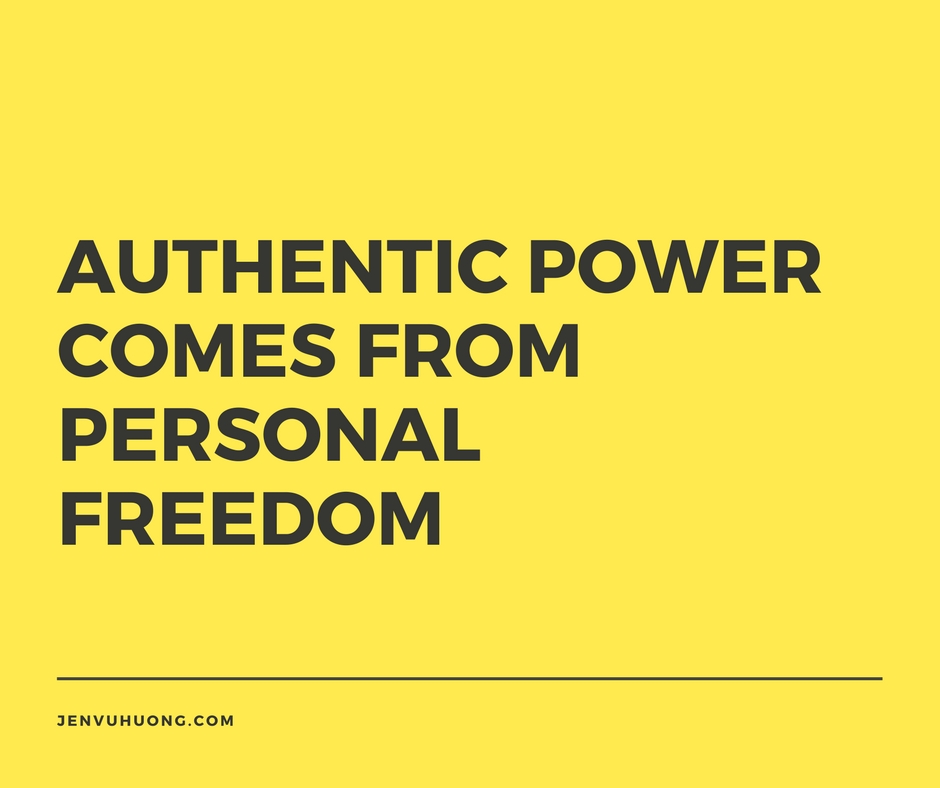How to pay attention to details?
I heard from a lot of my clients and friends who shared with me 'I am not a detail-oriented person' and that negatively influenced their successes.
I also used to tell myself 'I am not a detail-oriented person' but then I started teaching myself to improve on it (and it is still going on) after I noticed it tremendously negatively influenced on my personal and business life.
The most recent result of not paying attention to details of mine was related to a brochure for my Empower You seminar on 3rd of Dec. I made a quite 'nice' graphic brochure (I think^^) with information of speakers, the theme of the seminar (plan for an extraordinary year 2018) and the address of the seminar. I then shared it on my social media with the line 'Exciting to the seminar with empowering audiences and speakers'. One of my friends cleverly commented 'Is it the one on 3rd Dec?' Wow, I realised there was no info about the date either on the brochure or the line. I then took down the brochure and edited it by adding the date to it. I thought everything would go well then.
It turned out even worst!
A member of my mastermind group yesterday looked at it and couldn't stop laughing 'Oh, it is 3rd Dec 2018, so far to go.' I also couldn't stop laughing because of my hilarious mistake 'Oh no, 'it is on 3rd Dec 2017, just one more week to go.' I added the date but with the wrong year (Who would plan for an extraordinary 2018 at the end of 2018^^).
You can see my terrible mistakes were due to not paying attention to details. However, it doesn't mean I use the categorised sentence 'I am not a detail-oriented person' as an excuse to not improve on it. So do you.
We may be not good at details. Nothing is wrong with it. But if we use it as an excuse to make the same mistakes over and over again, it is the time to wake up and admit and do something about it. With dedication and practice, we can improve on it.
Remember, it is not about the 'details' but it is about what important to what you are doing. If something is important enough, no matter they are details or big picture, you want to improve on them, no excuses.
So let's crack it together with 3 practices for 3 scenarios:
1. You don't have a lot of time to prepare or to do something. For example, you have to chat with your clients or email them as soon as possible. You only have minutes to do that.
You can finish the answers or email then take a deep breath, going to the toilet, going for a walk 2 or 3 minutes then read it again. You can send to your phone or other devices or your own email first, imagine you as a reader, are you going to understand the answers or are you going to get benefits from that? You may realise some small mistakes that ruin the quality of your work then your values. It is like the food is great but is contained in a messy box, chances people don't even bother to try it and have some bad perception at the beginning about it.
2. Scenario 2: You have a longer time before sending or completing your work. You can change your state of mind with longer activity such as going for a run or swimming and coming back and read or check your work again.
You can also leave it rest for a day and later on coming back to read with a good state of mind and see are you understanding them?
The further step is to send to others for help to get feedback. That's what happen with this article where Sophie helps me to edit it. For sure it can be still improved, but for a certain amount of time, we try to do our best. Don't fall into the trap of perfectionist then you delay it longer.
3. Think about doing your work as the last chance you do it. If it sounds negative to you, thinking about you in 5 years with much more reputation and success, are you going to be proud of it? Last but not least, thinking about the readers, their energy and their time, if they respect your time and energy, also respect others' time and energy, they may give up on you just because of your lazinesses in trying to pay attention to details.
So let's get back to the question of 'Does it matter to us?' not about we are now good at or not. We can work on making it better, maybe take a long time depending on each person, but we know discipline, we can do it. We also want to think from the readers' perspectives that if we were they, would we continue reading or listening?
If you have commitment to read this article till here, please share your thoughts to improve together.















